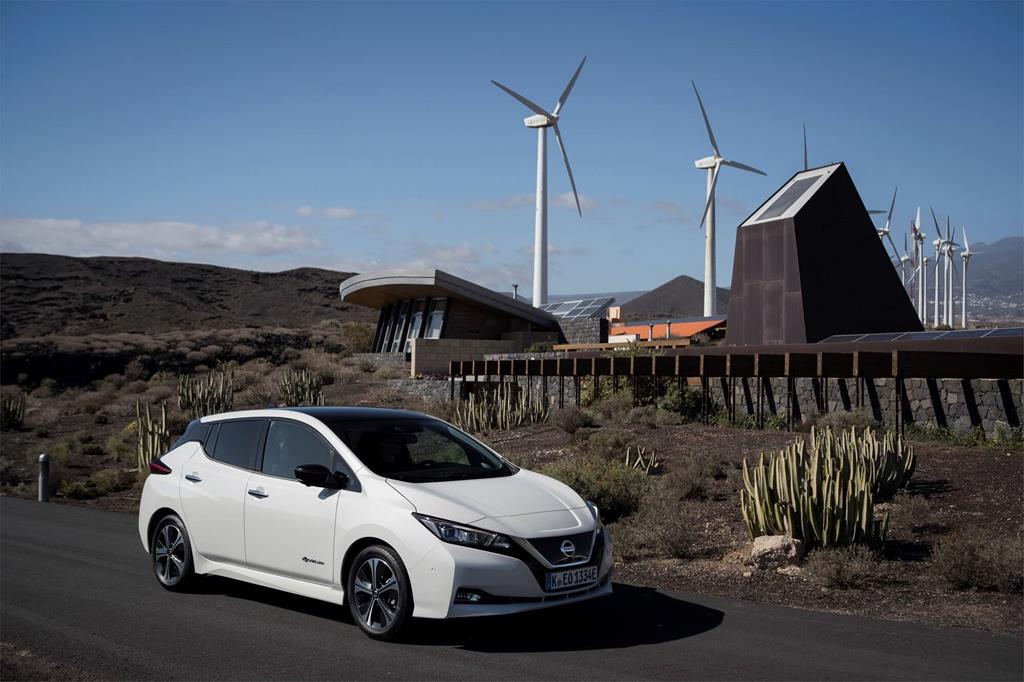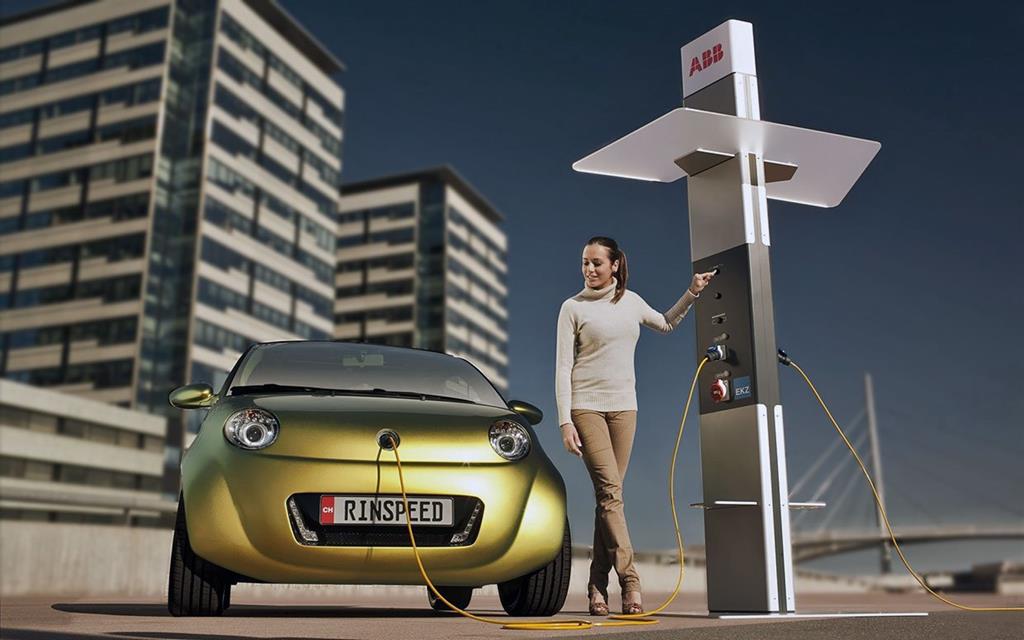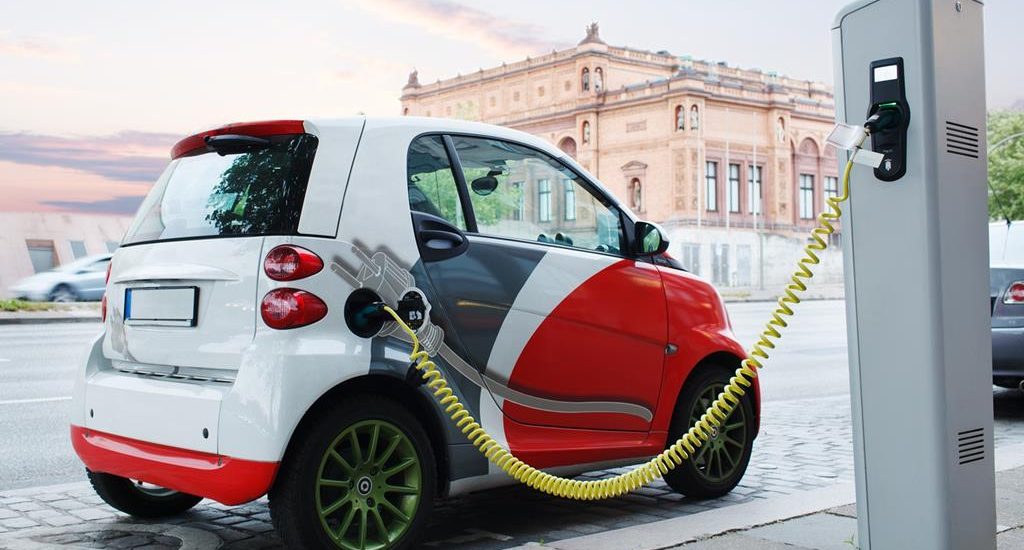Nowadays vehicle emissions pose a serious challenge to humanity. The catastrophic increase of cars with petrol and diesel engines has led to worldwide environmental issues.
In cities where the number of vehicles is constantly growing it is getting hard to breathe, oncology rates and respiratory tract pathologies are rising. Now it’s time to consider whether the use of traditional engines is worth these health problems. One of the possible solutions here is driving electric cars.
An electric car at the service of the humanity
Today’s economy does not accept ways of living that disturb ecological balance. All countries are trying to move toward alternative, renewable energy sources such as hydroelectric plants, solar batteries, and wind generators. They help to reduce harmful air emissions, however, can’t completely eliminate them since there are few electric cars on the street. Nevertheless, these cars have the highest efficiencies — 80 to 95% vs. only 25% (cars with combustion engine). Thus, the efficiency of electric cars is many times higher than that of any other engine type. Electric cars have many other advantages. They are rather fast and have fine handling characteristics.
Instantaneous engine torque is transferred to the car wheel even at the minimum engine speed allowing even the most common electric cars to accelerate at an unprecedented rate.
Moreover, electric cars are quite maneuverable and stable thanks to the battery which is situated at the bottom. These are such tumbler toys of the car’s world.
Europeans have seen the merits of electric cars long before. Nowadays government offers subsidies for the purchase of private vehicles as well as provide different benefits and preferences for those who drive electric cars. Thus, the latter are allowed to drive a dedicated bus-only lane. Moreover, the number of gas stations for such cars has significantly increased, car batteries became safer and are more resistant to vibration, rapid change of temperature, humidity, and salt.
Another issue electric vehicles address is noise that cars with petrol and diesel engines generate on the highways. Electric cars produce no noise even at a speed of 120 km/h.

What hinders the spread of electric cars on the world’s roads?
These are the technical barriers that make it impossible to accumulate and store electric power for vehicles. Despite poor efficiency traditional petrol cars can walk alone without refueling hundreds or even thousands of kilometers. The thing is that petrol and other types of fuel have one important quality — high energy density, about 12 thousand Watt per unit mass (W/kg).
By contrast, current generation Li-Ion batteries have the capacity to store only about 200 Watt per kilogram. In other words, their ability to conserve energy is 60 times worse than that of the petrol. Even if we assume that electric vehicles are three times more efficient than petrol cars, for the same autonomous distance we should increase the energy storage density by 20 times.
To cut a long story short, let’s say electric cars:
- take too long to charge;
- have small cruising range (due to limited battery capacity);
- are small-sized.
There are also few gas stations (at least in Russia).
“Smart roads” at the service of electric cars
Scientists all around the world have been working on power systems allowing to combine “green” power (wind generators and solar batteries) and the pavement. In such a case, an electric car does not need to be powered from the “socket”.
It will get an appropriate amount of power from the road sections it will be driving. This is a wireless electricity transmission system. Thus, to successfully charge an electric car that scorches down the road, you need special apparatus that can transfer the power of 10 kW at a distance of about two metres. Certainly, in this case, power from the battery will be used to climb gradients or accelerate. However, a chain of such transmitters under the asphalt would give new life to the electric cars. The thing that makes this concept terrific is the fact that you can drive a car on a single charge during a long period of time.
Some nuances of electric car charging
Energy consumption all around the world declines sharply at night and significantly increases in the daytime. Electric cars can address the issue of night consumption.
Just as we leave our mobile phones and laptops to charge after coming home, an electric car driver acts the same way. It takes 7-8 hours for a battery to fully charge. Moreover, as soon as you come to work you can also plug your car into the “socket” and let it charge until the evening. Of course, there are quick charge stations — 25 minutes and your car is at 80% charge. However, experience has shown that Europeans use that stations once in a blue moon. At the same time, you don’t need to control the fuel level and spend money on it. To fully charge your electric car’s battery in Moscow, you will have to pay 20 roubles. Thus, charging itself is free (you pay for the energy consumed only). In winter (when you turn on a car heater as well as headlamps and screen-wipers) charging the battery will be sufficient for 60 kilometers, and in summer — for 150 kilometers. That’s why an electric car is a perfect choice for driving in the city. Intercity distances require a different approach.
Though development is still going on. There are already such batteries that allow travelling two thousands of kilometers on a single charge. Electric cars make the future! Despite the fact that the battery can cost up to 70% of the car price, and to change it is not as easy as to buy a new electric car. Now it can hold an 100% charge for 5 years, and an 80% — for 10 years. However, the progress in this field is well on the way and there is no doubt that in half a century cars with combustion engines will fall into oblivion just like horse carts.

Regardless of the car you are driving now, you should have an International Driving Permit since the world is not just limited to one country. Driving a car in other countries and continents is always pleasant if you have an International Driving License. If you still don’t have it, apply now on our website.

Published April 23, 2018 • 6m to read



